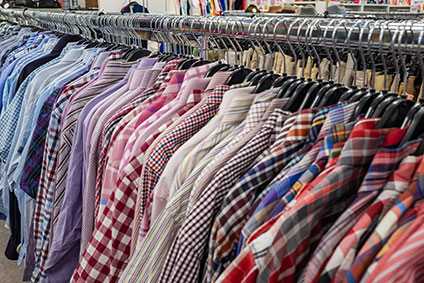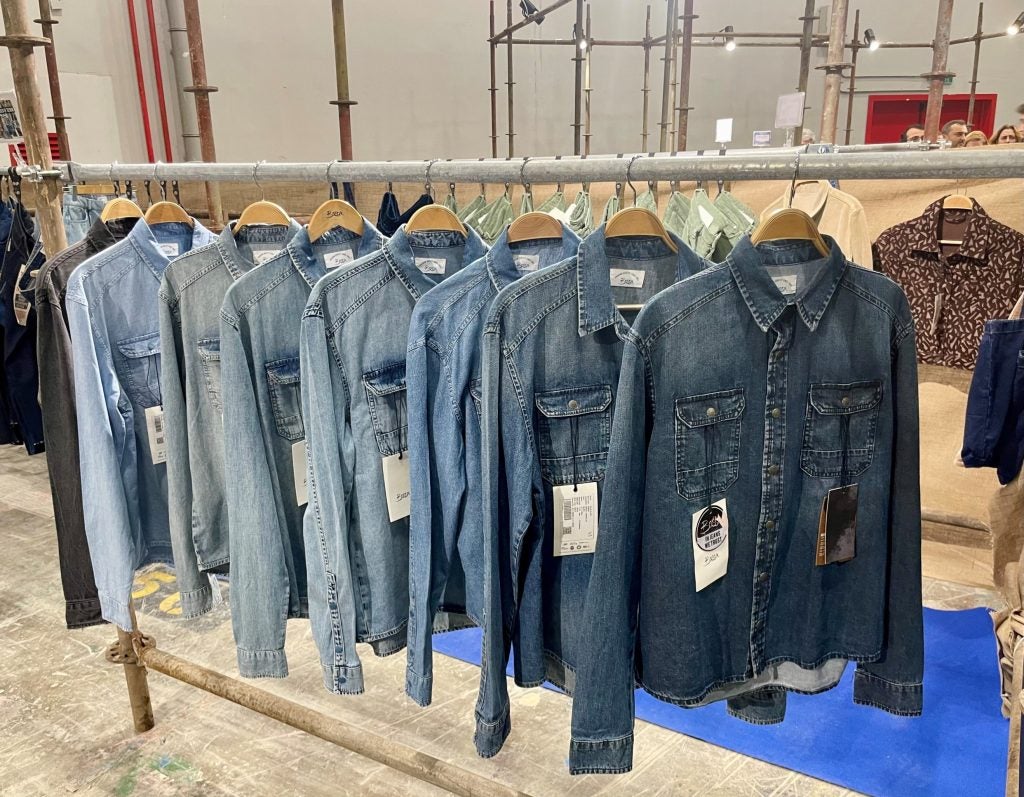
The share of secondhand clothing in closets is predicted to grow from 21% in 2020 to 27% in 2023 as the impact of the Covid-19 pandemic has accelerated mounting environmental concerns among consumers.
The clothing resale market is currently estimated to be worth US$30-$40bn, and is forecast to grow by a CAGR of 15% to 20% globally over the next five years. This expected to be even higher in developed markets, which could see a 100% year-on-year growth.
The expansion is being driven by an increase in the number of customers starting to buy secondhand, and by the number of secondhand pieces consumers are purchasing.
A new survey,‘The Consumers Behind Fashion’s Growing Secondhand Market,’ by global pre-owned fashion platform Vestiaire Collective and Boston Consulting Group explores the evolving dynamics of the global resale market.
The survey of 7,000 individuals from six countries reveals the diverse customer attitudes and behaviours of its respondents, the growing importance of sustainability in driving the resale boom, and some of the ways luxury brands can benefit from the growing resale market.
How well do you really know your competitors?
Access the most comprehensive Company Profiles on the market, powered by GlobalData. Save hours of research. Gain competitive edge.

Thank you!
Your download email will arrive shortly
Not ready to buy yet? Download a free sample
We are confident about the unique quality of our Company Profiles. However, we want you to make the most beneficial decision for your business, so we offer a free sample that you can download by submitting the below form
By GlobalDataSee Also:
Although affordability, selection availability, and item uniqueness have contributed to the growing popularity of the secondhand market, the survey reveals that consumers’ mounting environmental concerns are also contributing to its growth.
This shift has been further accelerated by the Covid-19 pandemic, with 70% of respondents in 2020 saying they feel compelled to shop for pre-owned goods in an effort to become more sustainable, compared with 62% in 2018.
The survey also reveals shoppers want to own fewer, better pieces; reduce overconsumption; and take better care of what’s in their closets.
85% of preowned buyers participate to reduce overconsumption by trading up fast fashion to fewer, higher-quality, longer-lasting items, while 70% say the existence of a secondhand market encourages them to take better care of the items they own.
Meanwhile, 60% of sellers would have not given a second life to their pieces without the secondhand market.
Looking beyond general preferences, the report also outlines how fashion firms – and luxury brands specifically – can capture value from the preowned boom, with more than 62% of consumer respondents stating they would be more willing to buy from fashion brands that partner with secondhand players.
Potential benefits include:
- The ability to respond to growing consumer desire for purpose-led organisations, as 60% of consumers want to buy from companies of this type.
- Customer acquisition, considering that consumers discover brands through secondhand shopping; among those surveyed, 48% purchased a brand that was new to them through secondhand channels in the past year and would consider buying the same brand again.
- Customer loyalty because the secondhand market represents an opportunity to get sellers to buy additional items with the money they earned from their sales; 31% of market participants operate this way.
“With 69% of consumers willing to consume more secondhand pieces in the future, the preowned market looks poised to address consumers’ growing desire for wardrobes that are unique, of good value, and sustainable,” Vestiaire Collective and Boston Consulting Group say.
The survey was carried out in June to 7,000 Vestiaire Collective members located in the US, France, Spain, Italy, Germany and the UK.
A recent analysis on just-style looks beyond consumers’ motivations for second-hand shopping, and examines how resale retailers’ merchandising strategies are shaping up: Second-hand strategies – Resale retailers’ product and pricing trends.








